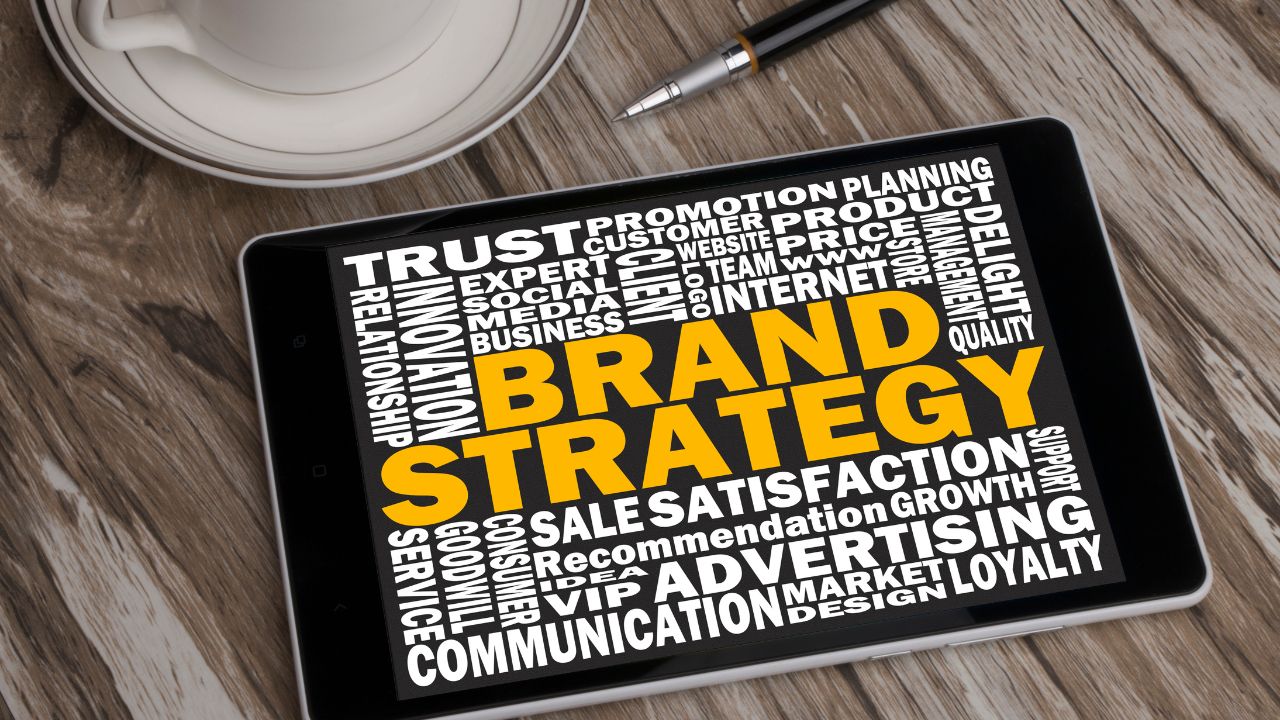It is important for businesses to know where brand strategy services are going. This helps them stay competitive and build a strong presence.
With rapid changes in technology, consumer habits are also changing. New market needs are emerging. Innovation will shape the future of this field. Here, we highlight the key trends that will change how businesses build their brand and connect with their audience.
Personalized Brand Experiences
One-size-fits-all branding no longer works in today’s diverse marketplace. Brands are prioritizing personalized experiences to resonate with their target audience. This means understanding customer behaviors, preferences, and pain points more intimately.
New developments in artificial intelligence (AI) and data analysis help brand strategy teams create custom campaigns. These campaigns reflect personal preferences and still meet overall business goals.
Creating a brand that feels personal strengthens emotional connections, turning one-time buyers into loyal advocates. For instance, case studies across industries reveal how personalization has boosted engagement rates. Nike offers custom shoe options, and Spotify creates playlists based on user data. These examples show how personalized branding helps brands stand out.
Market Research is Evolving Rapidly
Data is the foundation of a strong branding strategy. In the future, market research will be even more important for building a brand that connects with people. By using tools like AI analytics or consumer behavior software, businesses can learn more about their target audience. They can go beyond basic demographics to understand what motivates people.
The future lies in continuously updating insights to match dynamic consumer trends in real-time. Social media is not just a way to communicate. It is also a valuable source of data. Analyzing social listening trends helps brands refine their strategies to meet their customers where they are.
The Rise of Dynamic Brand Design
Static branding elements like fixed logos and unchanging brand voices replace themselves. Now, brands have dynamic identities that change with cultural shifts. More companies are focusing on adaptive branding to cater to changing market conditions.
For example, your brand’s logo may adapt its color palette for social causes, seasons, or even digital-specific formats. This added versatility mirrors modern customers’ expectations of flexibility and relatability from the brands they interact with. A brand’s visual identity now extends beyond stationary designs—animated logos, interactive brand elements, and AR/VR-based designs are some directions marking the future.
Digital-First Strategies
With digital transformation now a universal priority, brands must center their strategies on online channels. Social media plays a pivotal role, not just in engaging audiences but also in establishing a cohesive brand presence. Companies are experimenting with interactive content like polls, augmented reality filters, and short videos to strengthen customer experiences.
Additionally, digital branding calls for design optimization to cater to various devices, ensuring visual identity translates seamlessly across platforms. Modern consumers move between their smartphones, tablets, and laptops, and expert brand strategy ensures your brand looks equally appealing across all formats.
Enhancing Customer Experiences
Rich, immersive customer experiences drive modern brand loyalty. Experiences are no longer limited to in-store interactions; they span social media engagement, website navigation, customer support, and even packaging. Crafting a memorable customer experience adds an emotional layer that resonates powerfully with your target audience.
For instance, integrating interactive content on your website—from quizzes that help define your ideal product to AR tools for virtual try-ons—enhances consumer engagement. The future of brand strategy services ensures these touchpoints are not just functional but delightfully unforgettable.
Integration of Storytelling
Storytelling remains one of the most effective ways for brands to stand out in competitive markets. Moving forward, brands must perfect how they weave narratives that align with their brand voice. These stories should emphasize authenticity, whether it’s the origin of your company or the inspiration behind a new product offering.
Future strategy services aim to create cohesive, multi-channel stories, ensuring every point of contact tells a part of the brand’s larger narrative. Aligning storytelling techniques with omnichannel strategies ensures customers experience a seamless and meaningful connection across platforms.
Sustainability as a Core Brand Identity
Sustainability is no longer an afterthought—it’s an expectation. More customers and businesses are taking environmental and social impacts into account when choosing where to spend their money.
Adopting “green” initiatives as part of your brand identity isn’t just the socially responsible thing to do; it’s also an effective way to stay competitive.
Every piece of your brand design—from packaging to product material to your website hosting choices—reflects your stance on sustainability in a world where conscious consumerism is rising rapidly.
Collaborative Branding with Creators and Influencers
The future of brand strategy services will involve greater collaboration with content creators and influencers. Trusted voices on social platforms humanize your brand, making it more relatable to potential customers. This personalized approach enhances your customer experiences by adding an authentic touch to campaigns.
Experts predict that micro-influencers especially will play a pivotal role, as their niche audiences often offer higher engagement rates compared to celebrity influencers. Aligning their values and aesthetics with your brand design further strengthens customer trust.
AI and Automation Redefining Strategy Services
AI is set to transform how businesses create, deliver, and measure branding. From analyzing customer data to automating repetitive tasks like scheduling posts on social media, AI ensures teams can focus on what truly matters—innovation and creativity.
Some cutting-edge uses of AI include creating hyper-tailored logo designs based on specific brand values or even AI-generated color palettes that reflect popular trends or invoke specific emotional responses. These tools not only speed up branding timelines but also enhance the precision of your visual identity.
Long-Term Growth Through Strong Basics
While it’s important to watch for new and shiny branding trends, long-term growth still hinges on getting the basics right. A strong brand voice is important. A consistent color scheme helps too. A memorable visual identity makes a difference. A good logo is also essential for successful branding.
Expert brand strategy teams will continue focusing on these fundamentals while layering in advanced techniques for maximum impact. This combination ensures brands have a rooted presence that is also agile enough to adapt to future demands.
Flexibility in Brand Strategy Services
Modern businesses need adaptive solutions rather than rigid strategies. Future trends in strategy services lean heavily on flexibility, allowing brands to pivot efficiently in response to changes. Companies ensure resilience in volatile markets by placing continuous iterations and assessments at the core of branding processes.
Every strong branding effort needs a partner who understands the evolving nature of strategy services. At Marketing Immersion, we specialize in bringing your brand to life with strategies built for the future. From market research to brand design, and from creating a brand identity to defining your visual identity through a powerful logo design and color palette, we ensure your brand is ready for long-term growth.
Take the first step toward a winning strategy today. Visit Marketing Immersion to schedule a consultation and explore how we can help your business meet its goals while delivering remarkable brand experiences. Let’s create a brand that stands the test of time.






